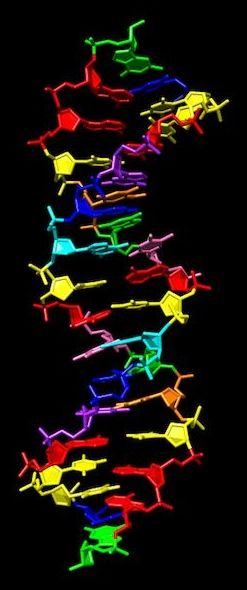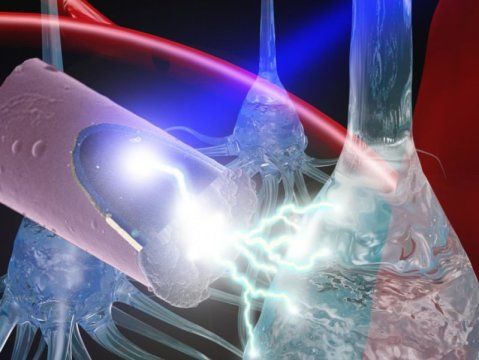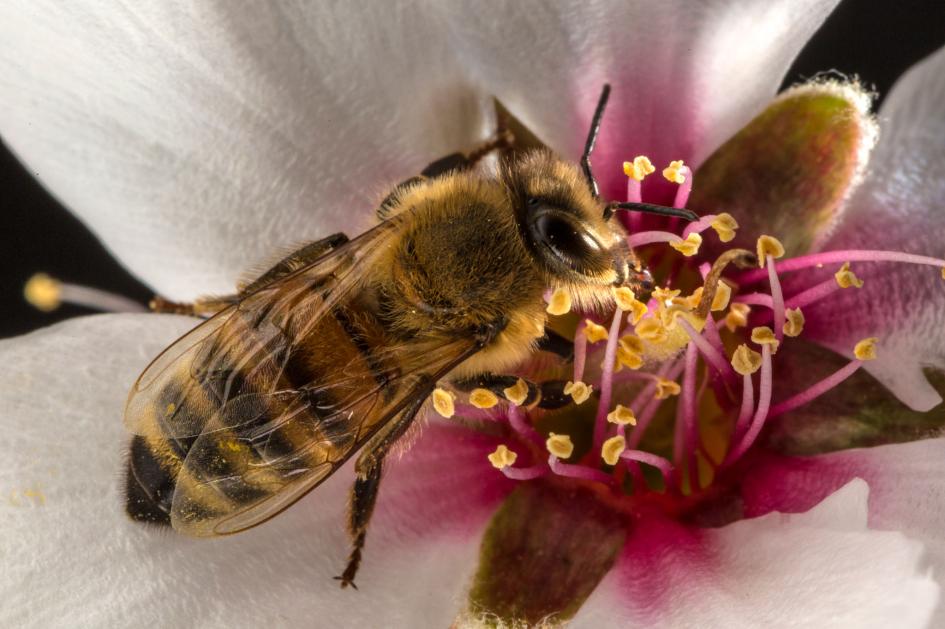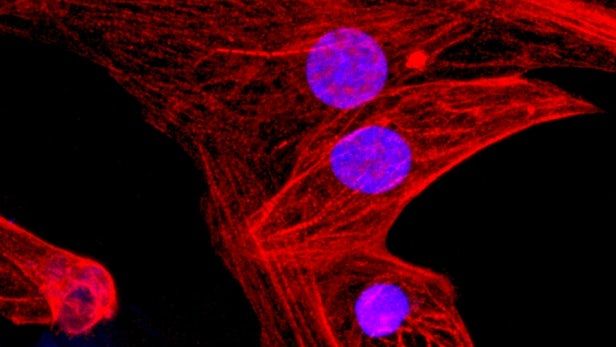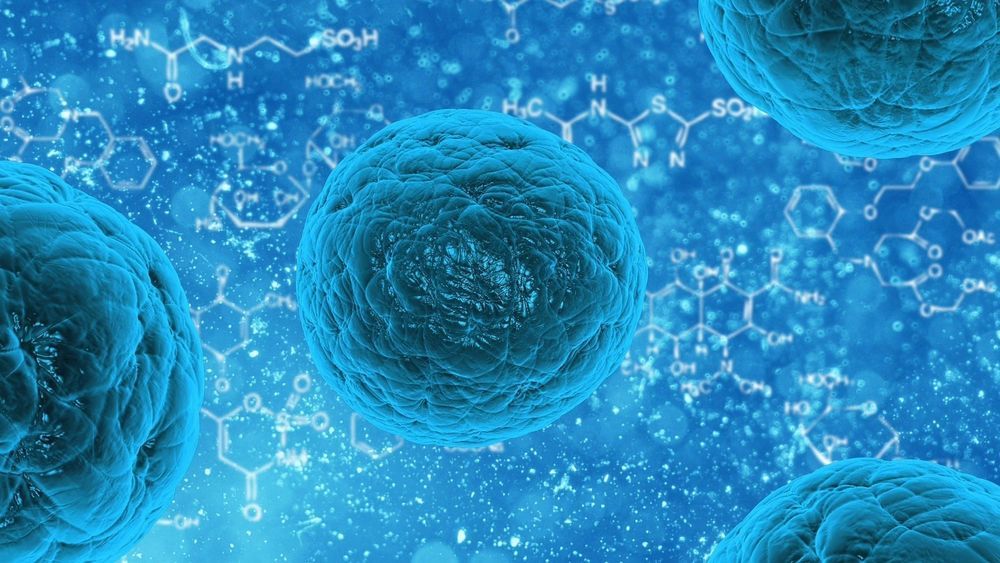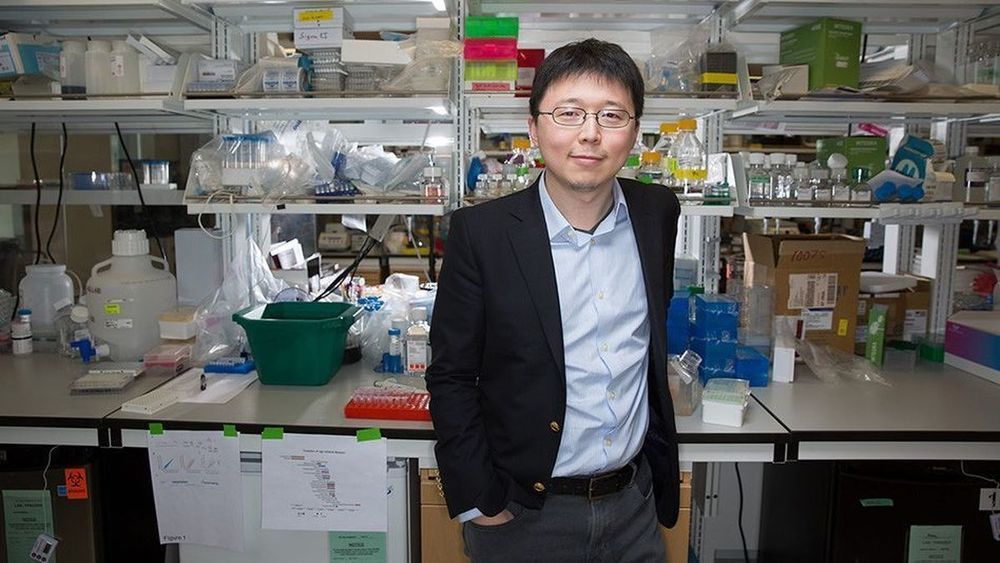Researchers in the US have built an “alien” DNA system from eight building block letters, so expanding the genetic code from four and doubling its information density. The new system meets all of the requirements for Darwinian evolution and can also be transcribed to RNA. It will be important for future synthetic biology applications and expands the scope of molecular structures that might be capable of supporting life, both here on Earth and more widely in the universe.
One of the main characteristics of life is that it can store and pass on genetic information. In modern-day organisms, this is done by DNA using just four building blocks: guanine, cytosine, adenine and thymine (G, A, C and T). Pairs of DNA strands form a double helix with A bonding to T and C bonding to G.
Four more building blocks .
